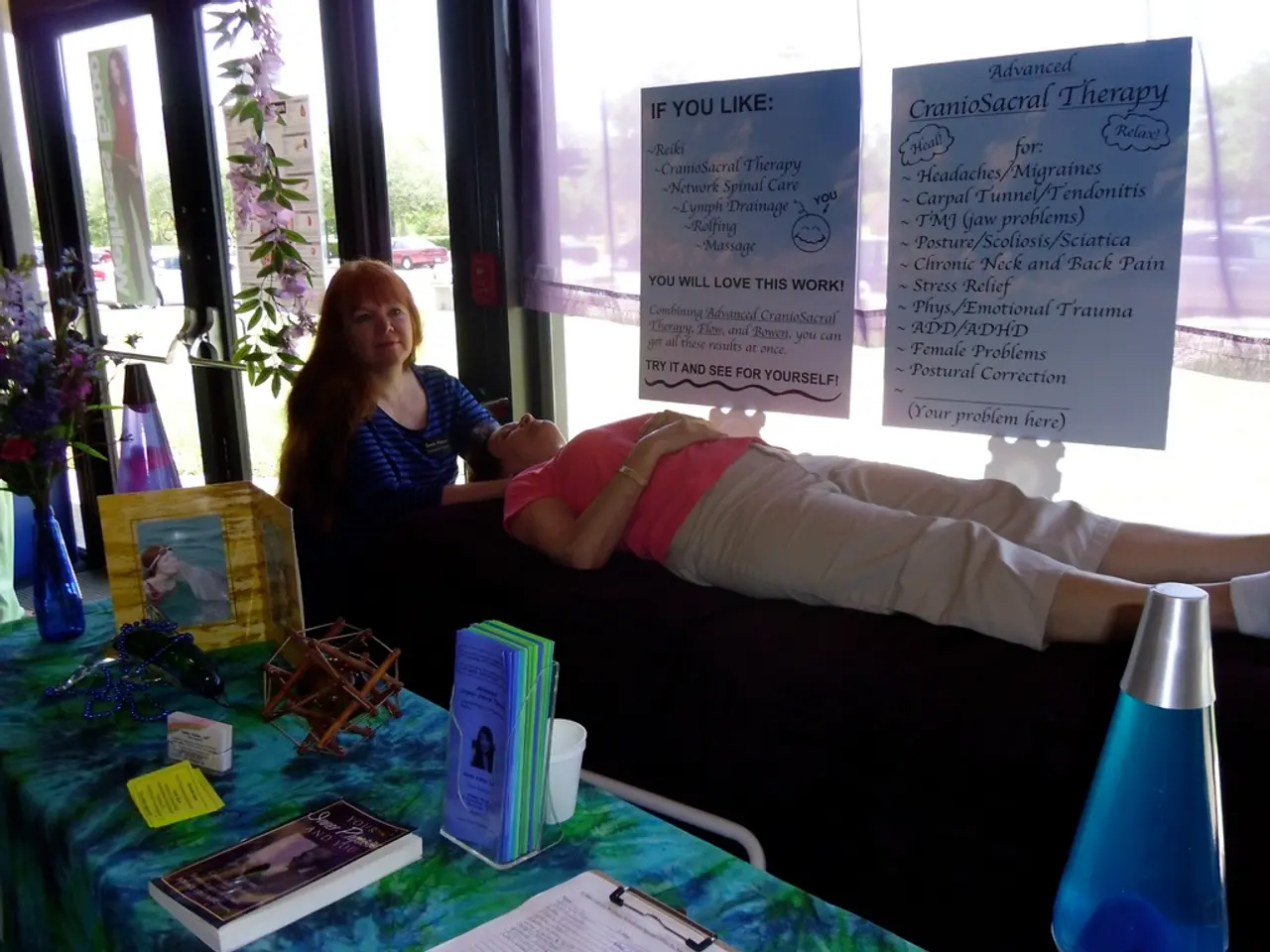Psychological Interventions Examined for their Impact on Curing Psoriasis in a Research Setting
The University of Rochester Medical Center (URMC) has been awarded a $2.5 million grant by the National Center for Complementary and Alternative Medicine to study the impact of psychological interventions on psoriasis, a chronic inflammatory disease that affects about 7.5 million people in the United States.
The study, led by Jan Moynihan, Ph.D., director of the Rochester Center for Mind-Body Research, aims to elucidate new ways that the brain can direct immune responses in psoriasis. The research will investigate the impact of two interventions, Mindfulness Based Stress Reduction and Living Well, on psoriasis patients.
Psoriasis causes red patches and silvery scales that are sites of inflammation and excessive production of skin cells. The researchers will test skin lesions and blood for the presence of proinflammatory proteins such as interleukin-6 and tumor necrosis factor-alpha.
The study will involve researchers from several URMC departments, including Lisa Beck (associate professor of Dermatology), Francisco A. Tausk (professor of Dermatology), Christopher Ritchlin (professor of Medicine), Nancy L. Talbot (associate professor of Psychiatry), and Michael Krasner (assistant professor of Medicine).
Moynihan aims to determine if increasing psychological well-being results in measurable decreases in inflammation and if positive changes in psychological well-being affect actual psoriatic lesions.
The interventions, Mindfulness Based Stress Reduction and Living Well, are designed to decrease psychological distress and potentially ameliorate psoriasis and inflammatory processes. The study will measure biological markers of psoriasis in the skin lesions and blood of 200 Rochester-area residents with psoriasis who have participated in the interventions.
While specific details about a study investigating psychological interventions on psoriasis disease intensity and immune mechanisms are not found in the provided search results, URMC has dermatology programs with experts in immunology and dermatology, such as Dr. Francisco Tausk who specializes in dermatological immunology and practices at Strong Memorial Hospital affiliated with URMC. Ongoing research and clinical care at URMC may include comprehensive approaches involving both dermatology and psychological aspects.
For precise information about the study, you might consider contacting URMC directly or reviewing their clinical trial and research publications databases for updates on psychological interventions in psoriasis.
References: 1. National Center for Complementary and Alternative Medicine 2. Psoriasis: Overview 3. University of Rochester Medical Center 4. Dr. Francisco Tausk
- This study, focusing on psoriasis, a medical-condition affecting millions, is exploring the impact of psychological interventions like Mindfulness Based Stress Reduction and Living Well on health-and-wellness.
- As part of the study, scientists from the University of Rochester Medical Center (URMC) will investigate the correlation between mental-health and skin-conditions, specifically psoriasis, through examining skin lesions and blood samples.
- Fitness-and-exercise might not be the primary focus, but the study will analyse biological markers in the skin lesions and blood to understand how improvements in mental health can lead to a decrease in inflammation and potential improvement in psoriasis.
- Besides skin-care, the researchers will evaluate the influence of psychological interventions on nutritional aspects, as they aim to identify whether increasing psychological well-being directly impacts psoriasis's intensity and immune mechanisms.




